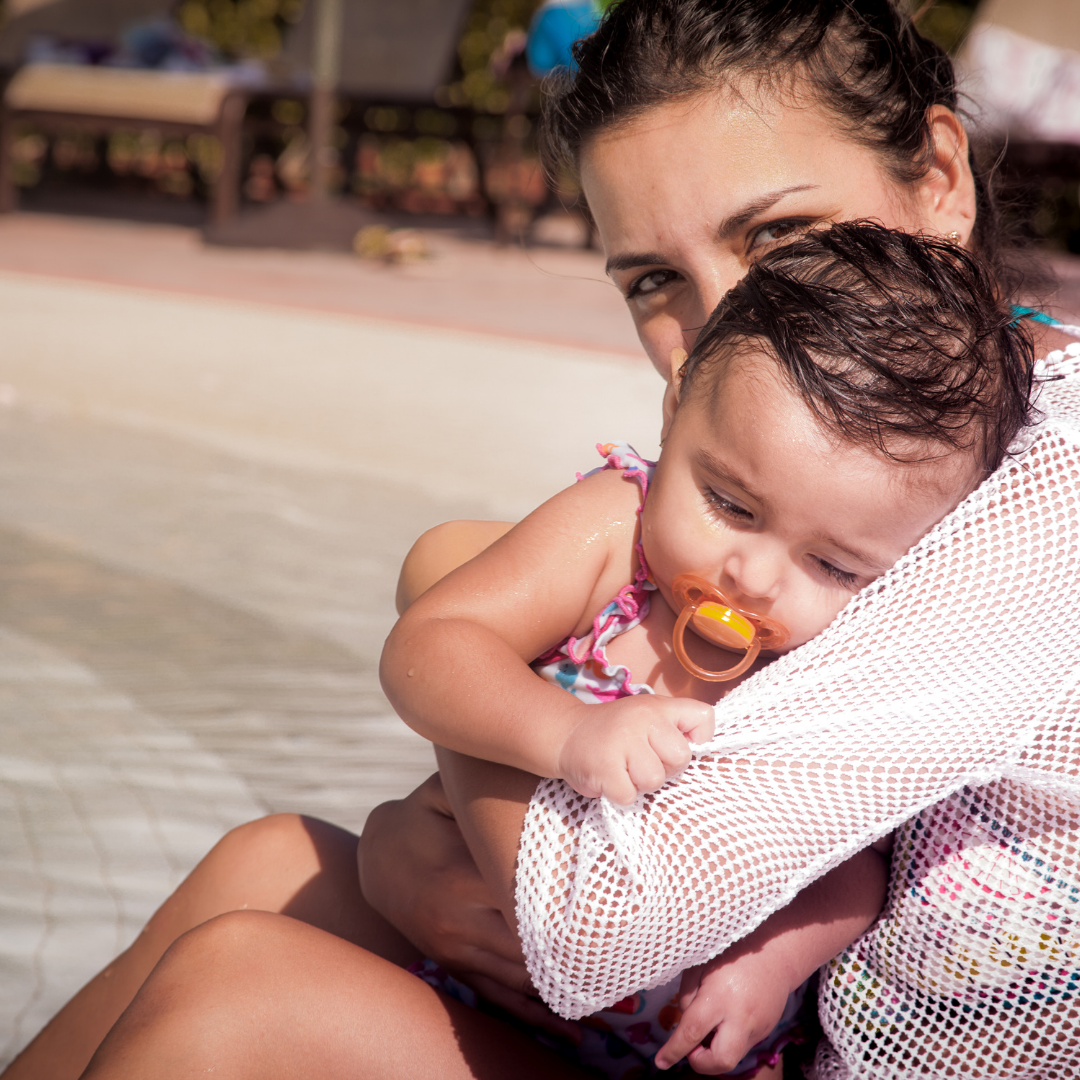Postpartum depression may start during pregnancy or at any time up to a year after the birth of a child. Postpartum depression (PPD) affects 12% of mothers with many experts suspected an increase during the COVID pandemic due to a decrease is resources available to new mothers. PPD is more frequent and more severe than ‘baby blues’.
Symptoms of PPD/Anxiety include:
- I feel extremely sad and depressed
- I’m feeling anxious and having panic attacks
- I’m having crying spells for no apparent reason
- I’m having feelings of worthlessness or hopelessness
- I’m having thoughts of ending my life or other frightening thoughts
- I’m having thoughts of harming my baby
- I’m feeling inadequate
- I’m resenting my baby and other family members
- I’ve noticed changes in my sleep or appetite
- I feel restlessness, out of control, or have no energy
- I’m having difficulty concentrating
- I find myself withdrawing from family, friends, and social situations
- I feel guilt and shame about having the above feelings
There are many factors associated with PPD. Physiological changes may include higher levels of homocysteine, changes in several hormones (estrogen, progesterone, cortisol, melatonin, oxytocin, and thyroid hormone), nutrient deficiencies and sleep deprivation. Abnormal neurotransmitter levels or activity may also be involved in postpartum depression. Emotional changes may include feelings of overwhelm, isolation, struggles with sense of self or identity, resurfacing of childhood traumas, changes in roles in relationships, and feelings of loss of freedom or control in life.
It is important to remember that seeking support is a sign of strength, NOT weakness. There are many options for support and it is important to find out what kind you need and who will be the best fit. There are 3 main types of support available to women experiencing PPD.
- Emotional Support: this is about having someone who you can talk to, who listens to you, and who can help you feel good about yourself.
- Partner, family, friends, counsellor, naturopathic and medical doctor, acupuncturist, mother’s groups, support groups
- Practical support: this is having people who can help you with things like child care, groceries, or other day-to-day responsibilities.
- Partner, family, friends, Babysitter/Nanny, grocery delivery service, house cleaner, meal and laundry service
- Depression support: People to help you manage your depressive symptoms
- Naturopathic and medical doctor, counsellor, psychologist!
Additional resources are available here: https://www.heretohelp.bc.ca/infosheet/postpartum-depression#pptanx




